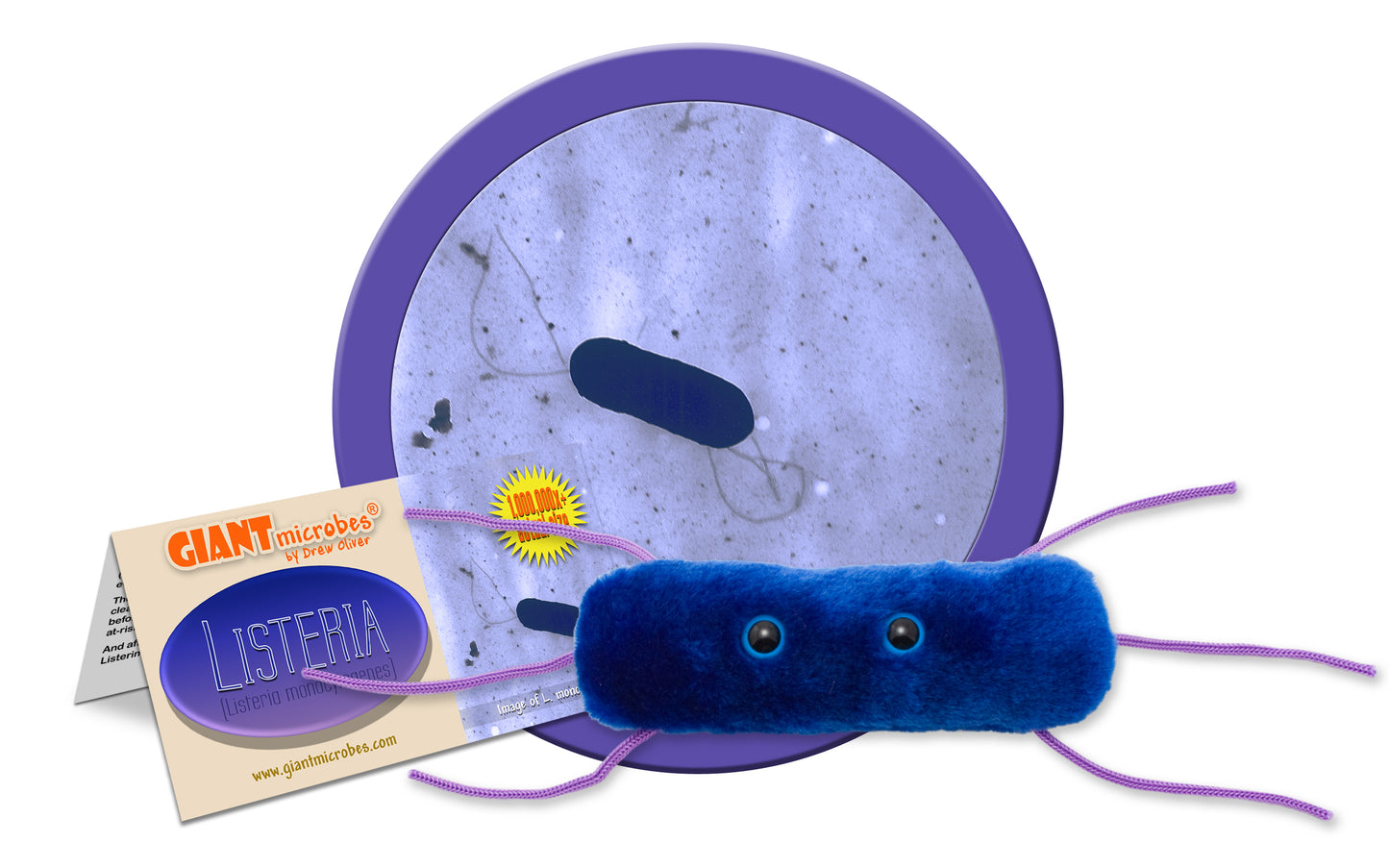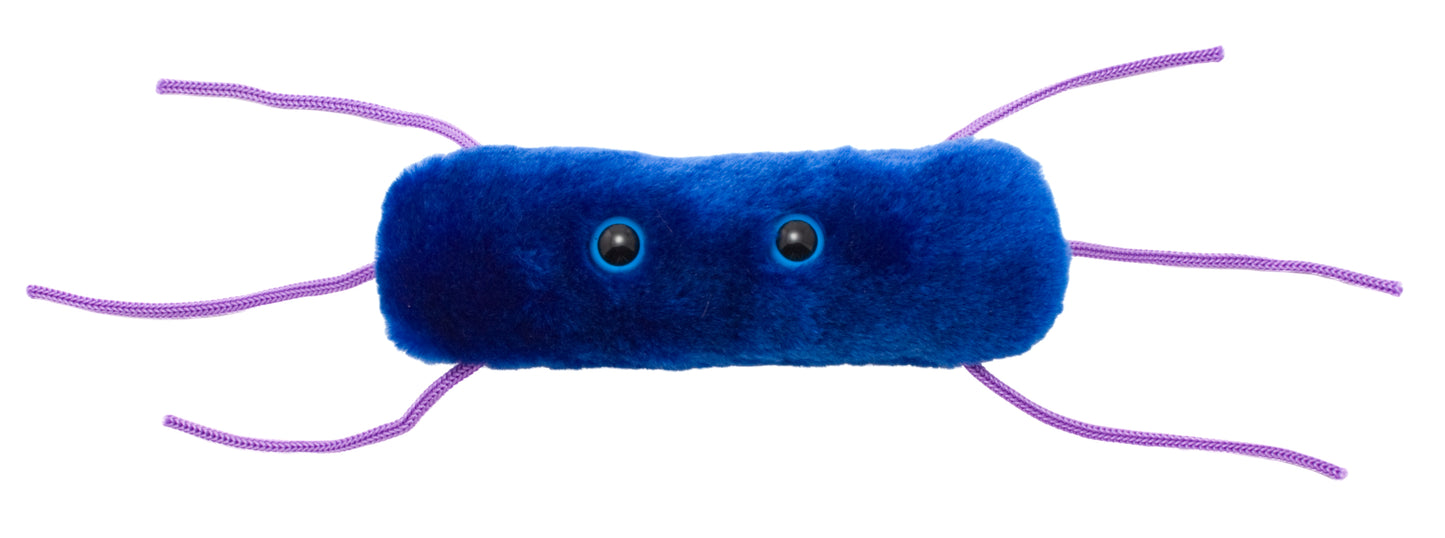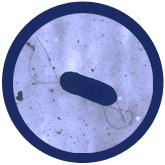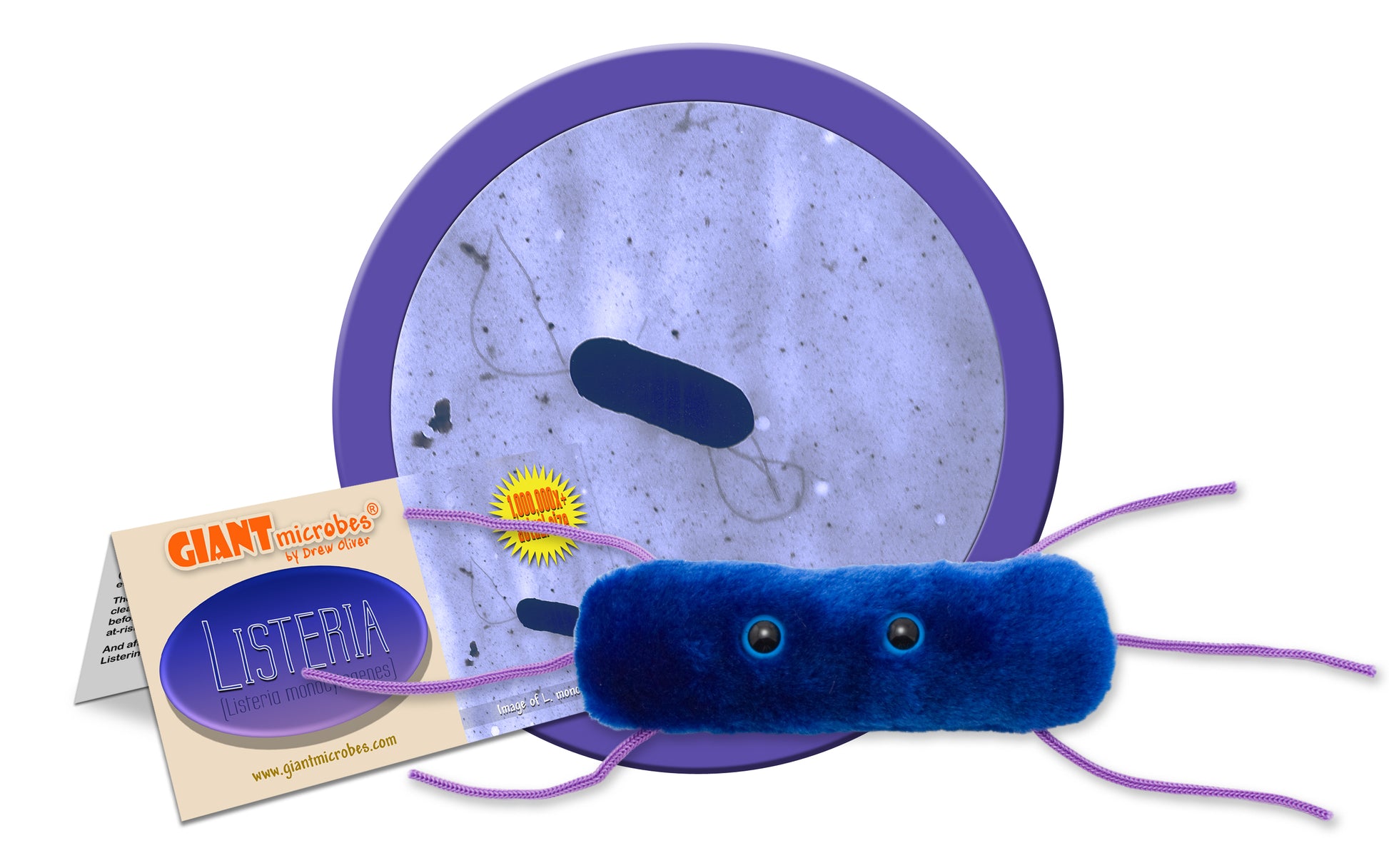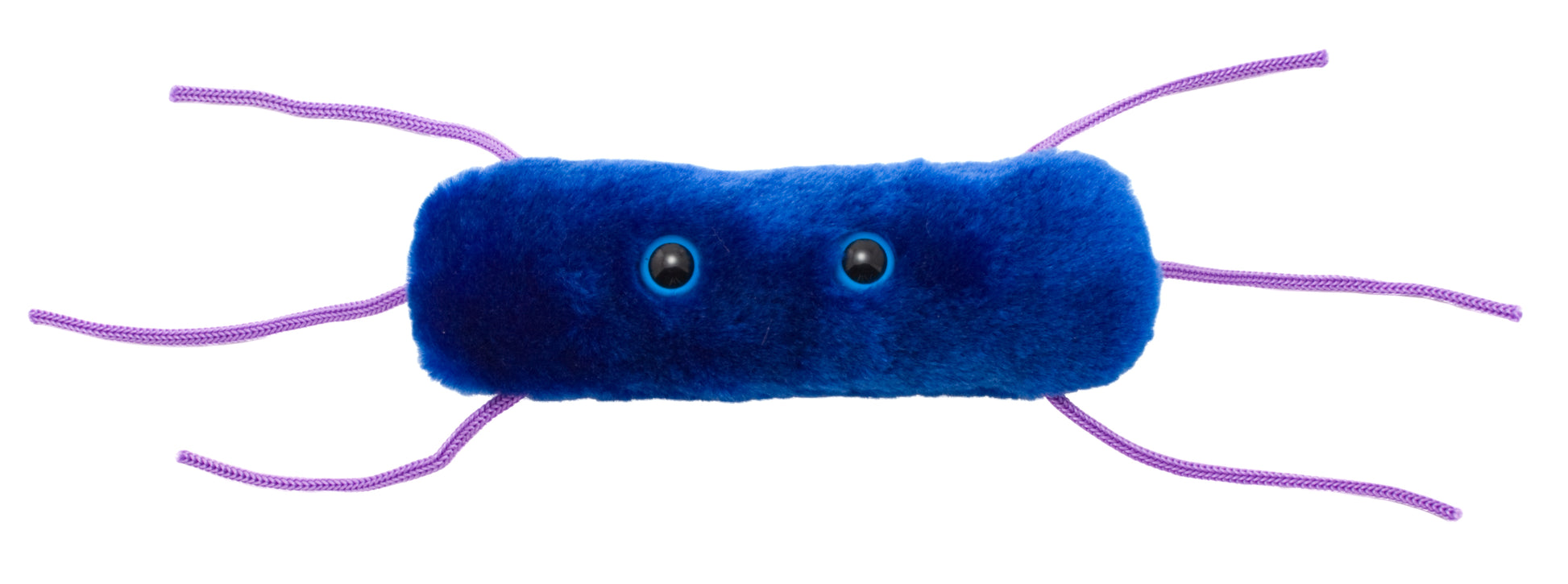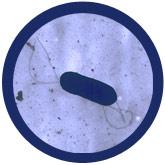Listeria (Listeria Monocytogenes)
Listeria (Listeria Monocytogenes)
Couldn't load pickup availability
- Good reminder for pregnant women to practice safe food handling
- Great food safety training tool
All About Listeria (Listeria Monocytogenes)
FACTS: In 1867, English surgeon Joseph Lister published a scientific paper proposing that his fellow surgeons clean their hands and instruments before operating on patients. While overcoming scientific skepticism regarding novel ideas can sometimes be challenging, when post-surgical infection rates took a nosedive, Lister was vindicated.
In 1927, on the 100th anniversary of Lister’s birth, scientist Harvey Pirie was looking for a name for a food-borne bacterium he had isolated from a dead gerbil found in South Africa. As Lister had also had an interest in the isolation and growing of microorganisms, Pirie chose to honor the bacteria, and Lister, with the name Listeria monocytogenes.
In addition to dead gerbils, Listeria can be found in raw meats and vegetables, unpasteurized dairy products, and processed meats like hot dogs and cold cuts.
While everyone is vulnerable to Listeria, the consequences are particularly dire for pregnant women and their unborn children: if Listeria spreads from mother to fetus, it’s fatal to the baby 20 percent of the time. (For others with weakened immune systems, Listeria is fatal in one of every four cases.)
The best way to avoid the bacterium is to make like Lister and keep things clean. Cooks should wash their hands and cooking instruments carefully before operating. And at-risk individuals should monitor their diets for at-risk foods.
And after the meal, you might try a little oral hygiene: the mouthwash Listerine was named for Dr. Lister in 1879.
| NAME | The genus Listeria was named after Joseph Lister in 1940 for his work with surgical sterilization. |
|---|
| WHERE IT LIVES | It is a foodborne illness caused by the bacterium Listeria monocytogenes. The disease can also be spread by infected animals or contaminated soil. Cool gift for foodies or doctors. |
|---|
| SYMPTOMS | Fever, aches, vomiting, and diarrhea. It can cause pregnancy complications in women. Other people can have symptoms like headache and stiff neck. |
|---|
| CURE | Listeriosis can be treated with antibiotics because it is a bacterial infection. |
|---|
| HISTORY | 1926: E. Murray isolated Listeria monocytogenes. Big Outbreaks: 1997: Italy outbreak infected over 1500 people. The victims were primarily from two schools, and the infection was caused by improper food safety procedures in the cafeterias. 2011: 33 dead and 147 infected in 28 states from Colorado cantaloupes. Recent Outbreaks: 2015: Listeria in ice cream affected 10 people in multiple states. Out of those 10, 3 died. |
|---|
| FASCINATING FACTS | The people at the highest risk are pregnant women, newborns, older adults, and people with weak immune systems. Pregnant women are actually 10 times more likely to get Listeriosis than other people. In the United States, listeria kills about 260 people annually, with 1600 infections. Listeria can grow in the refrigerator! The way to kill off the bacteria is to cook or pasteurize the food. |
|---|
